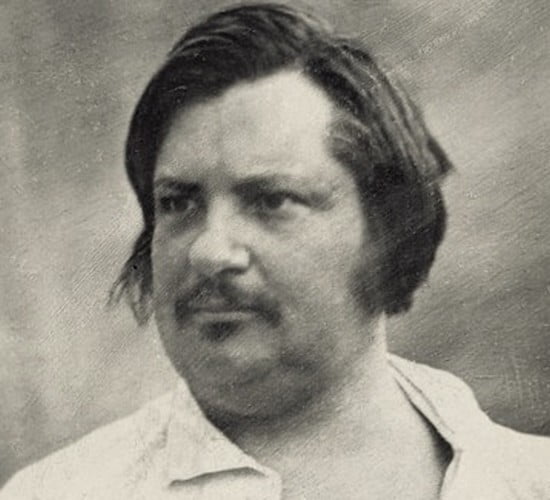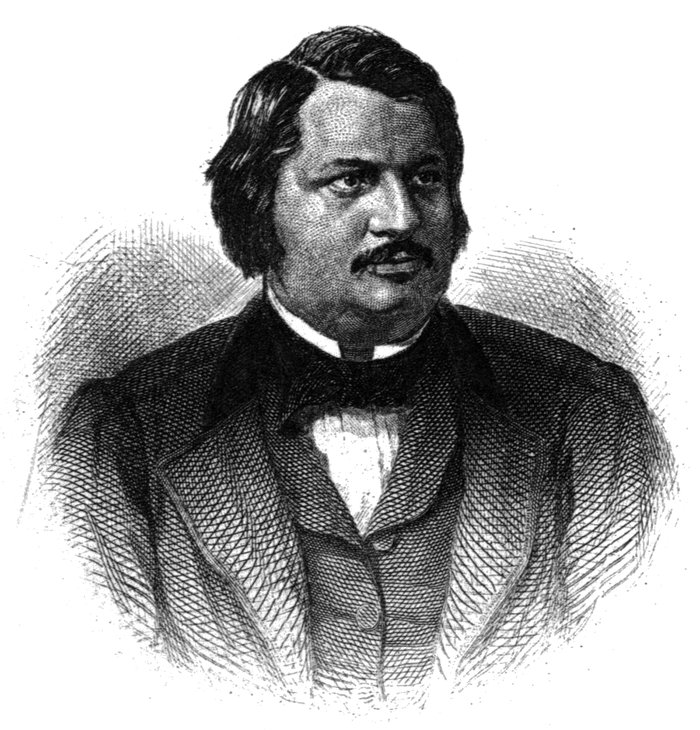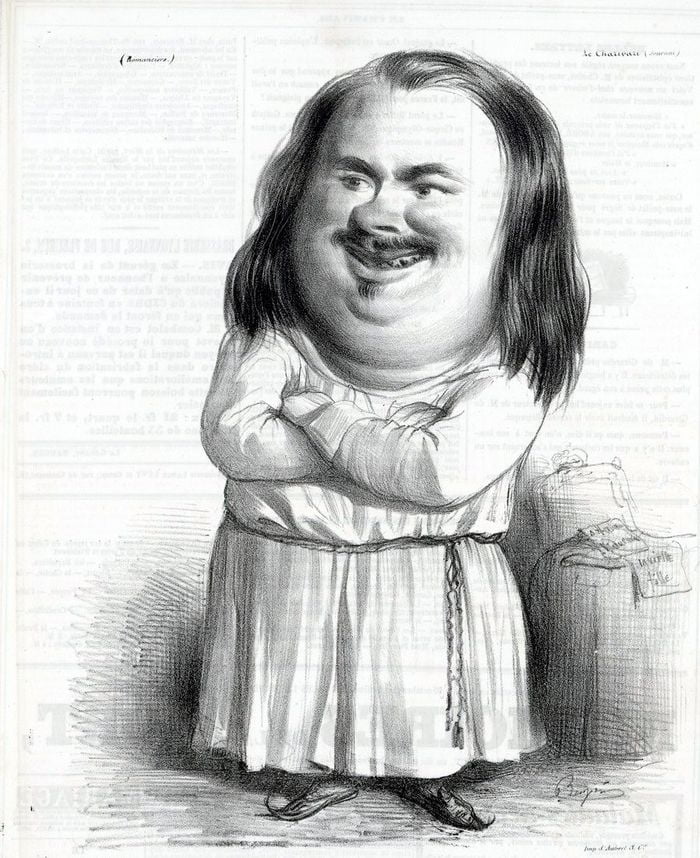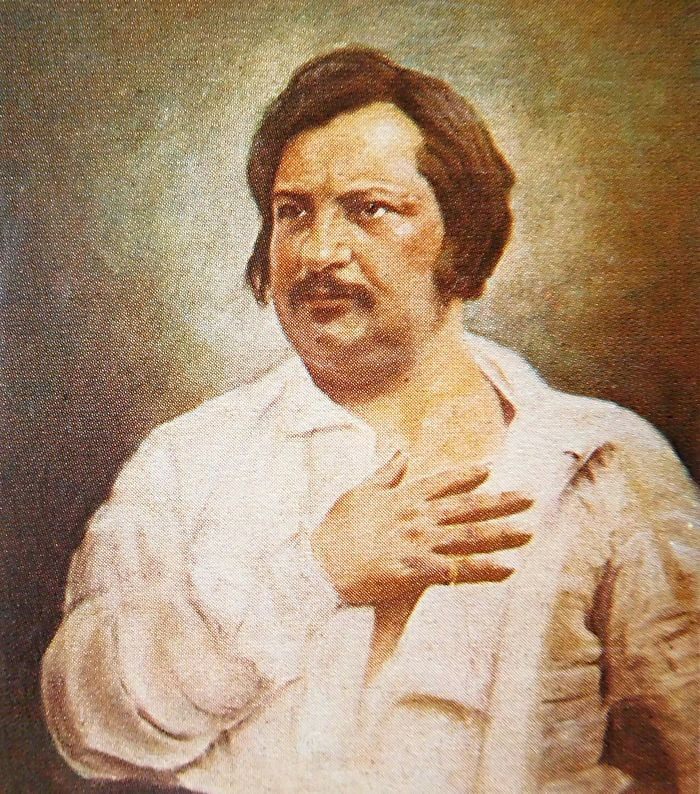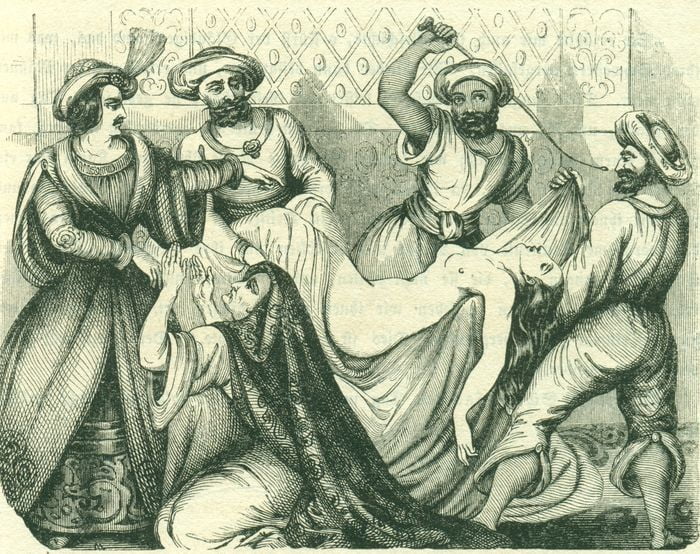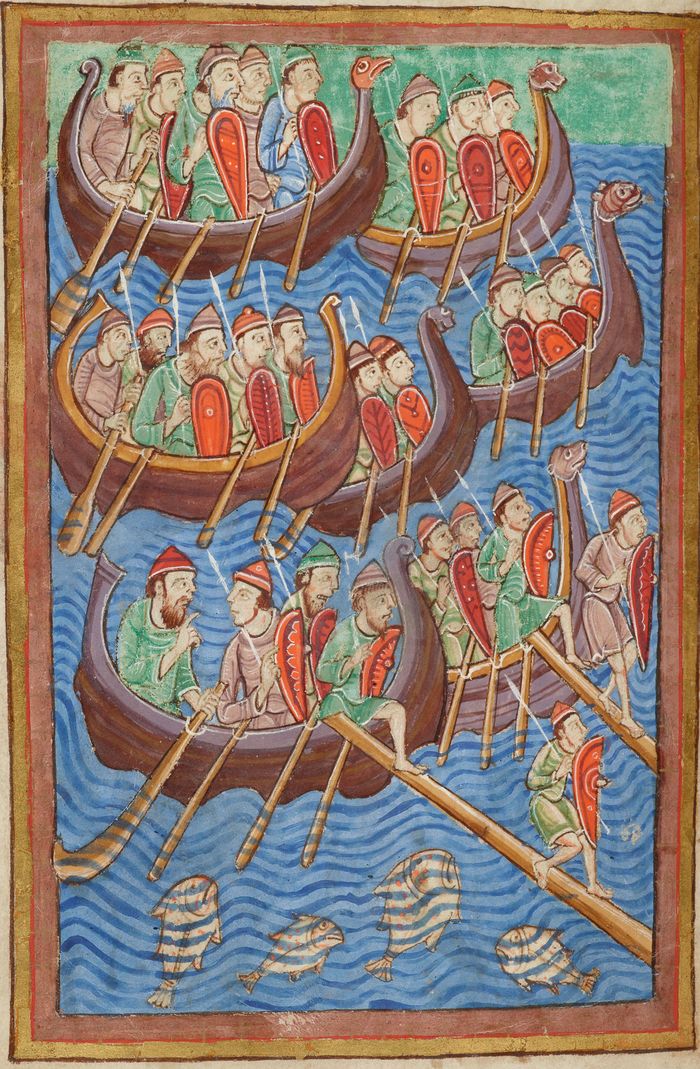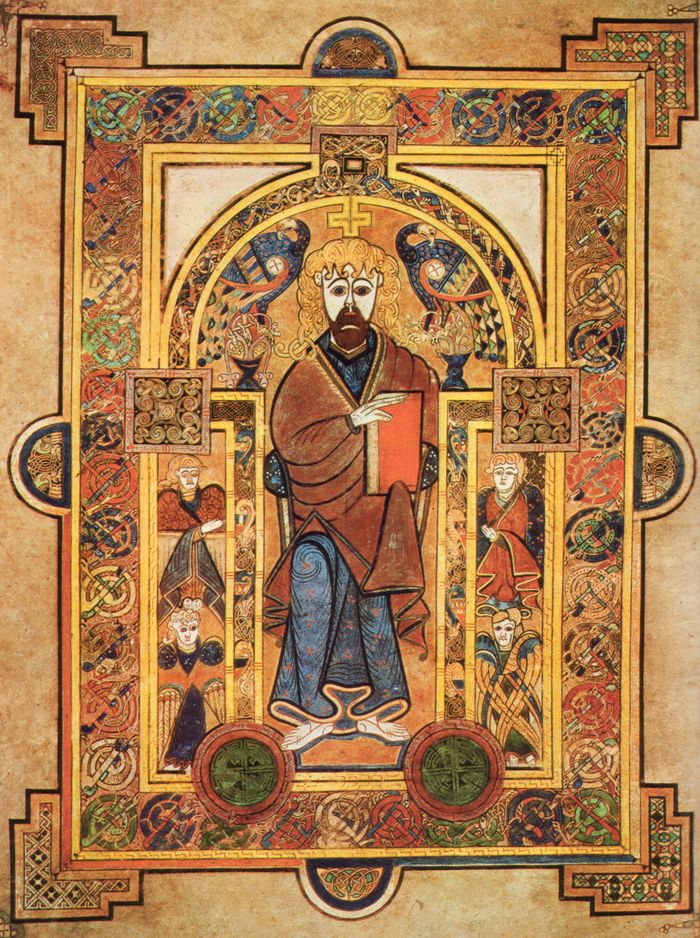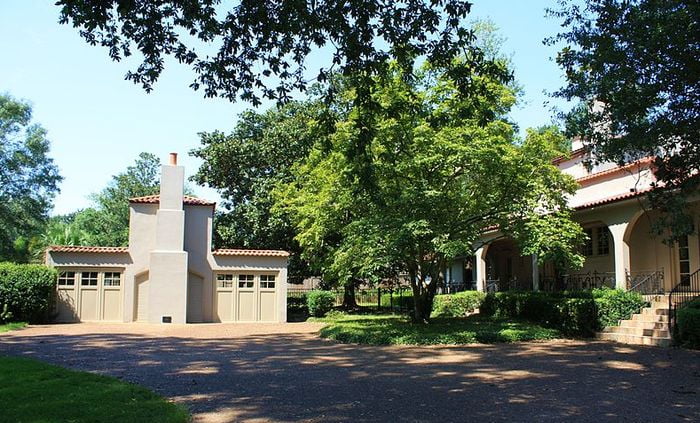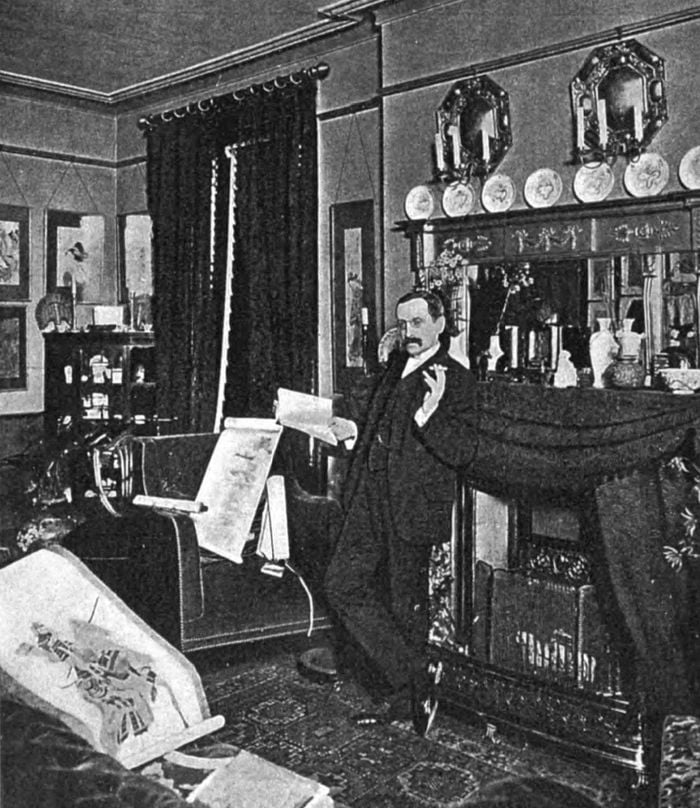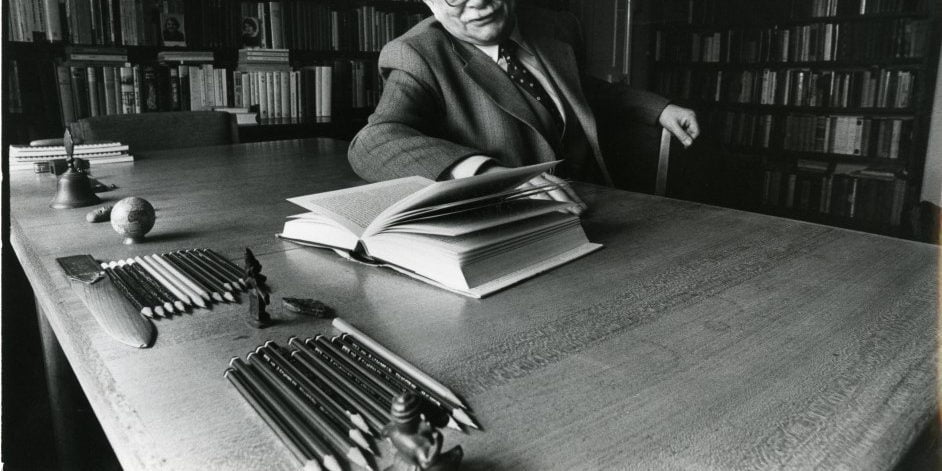The Mysterious Mansion part 4
After that, one of our stable-men told us that in the evening when he led the horses to the water, he thought he had...
The Mysterious Mansion part 3
“Sir,” she said, “when the Emperor sent the Spanish prisoners of war and others here, the Government quartered on me a young Span¬iard who...
The Mysterious Mansion part 2
An arbor is still visible, or rather the ddbris of an arbor, where there is a table that time has not quite destroyed. The...
The Mysterious Mansion part 1
Honore De Balzac (1799-1850)
Born at Tours in 1799, Balzac left his native city at an early age and after various attempts at making a...
Grendel`s Raid Part 4
Then Hygelac`s brave kinsman was mindful of his evening speech: he stood erect and grasped him tight,—his fingers burst. The monster was moving out;...
Grendel`s Raid Part 3
Grendel`s Raid (From Beowulf)
Then came Grendel, advancing from the moor, under the misty slopes; God`s anger rested on him. The deadly foe thought to...
Grendel`s Raid Part 2
Between the age of Elizabeth and that of Anne there is little to record. With the advent of Addison and Defoe a new epoch...
Grendel`s Raid Part 1
Great Britain
The history of the short story in Great Britain can be traced back to the very earliest epoch, before even the formation of...
That Brute Simmons part 6
“Well,” said Ford, suddenly, “time`s short, an` this ain`t business. I won`t be `ard on you, matey. I ought prop`ly to stand on my...
That Brute Simmons part 5
On the landing Ford clutched at his arm, and asked, in a hoarse whisper: “Ow long `fore she`s back?”“ `Bout a hour, I expect,”...
